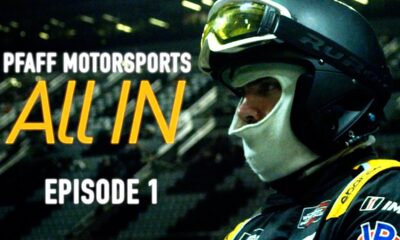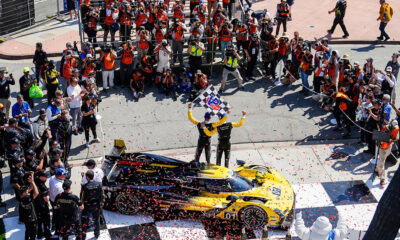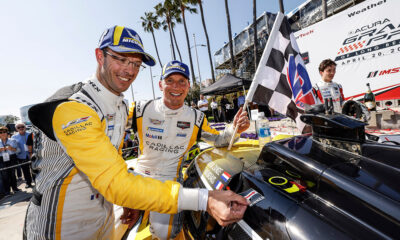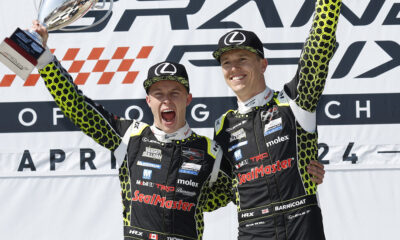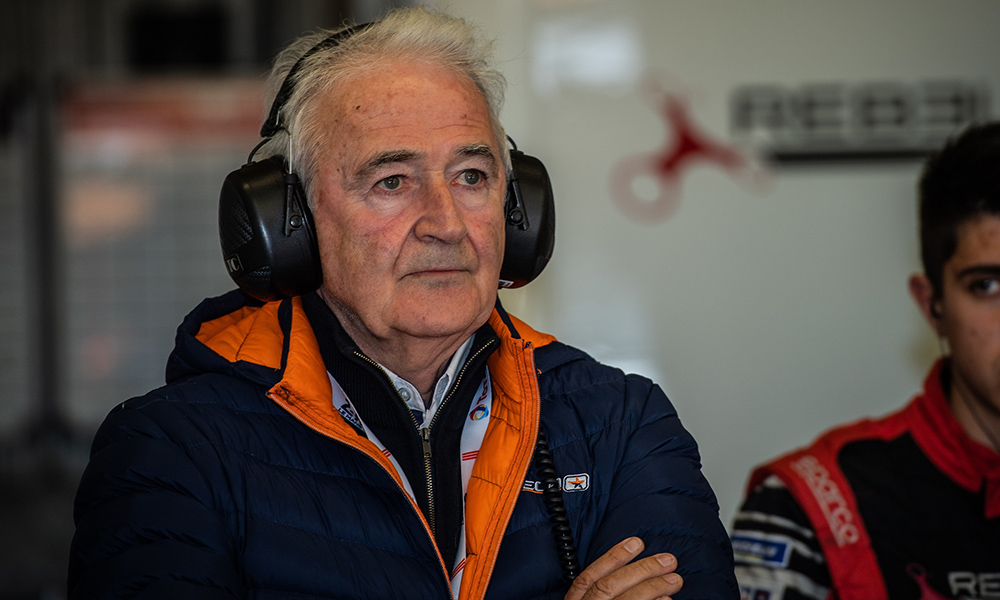
Photo: MPS Agency
Convergence in technical regulations between Le Mans Hypercar and DPi 2.0 could serve as a ‘first step’ towards a single top-class prototype platform in the future according to ORECA President Hugues de Chaunac.
De Chaunac’s comments come amid what appears to be a pending agreement between the ACO and IMSA to allow each other’s soon-to-be-launched top-class platforms race together beginning in 2022.
It would initially entail the prototype and production-based Hypercars competing alongside IMSA’s soon-to-be-finalized next-generation DPi regulations through a Balance of Performance system.
“We’re one of the biggest supporters of this and I hope they can find an agreement between ACO and IMSA to have a global platform.,” de Chaunac told Sportscar365.
“It would be good for everybody on both sides.”
Should an agreement be reached, de Chaunac believes both organizers should then make it a top priority to work towards a single platform.
It’s unclear the timeline on when that could possibly be reached.
Both the ACO and IMSA have confirmed Le Mans Hypercar and DPi 2.0 for five-year homologations, beginning in 2020 and 2022, respectively.
De Chaunac, whose company is involved in both LMP1/Hypercar and DPi projects, hinted that he’s in favor of IMSA’s more cost-effective approach for its so-called DPi 2022 platform.
“It’s mainly to first have a common will between ACO and IMSA to find a way in the future it would be the same [platform] with a spec hybrid, etc.,” he said.
“If it’s not immediately, it has to be done. It’s so important for endurance.
“It could be as the first step as there will be a BoP. This would be good.
“Then the following step would be to try and reduce the difference to make things easier.
“On all levels it would be fantastic to have common regulations. At the same time, it’s for me a necessity because for the budgets, it would be much more reasonable.
“And today, with the general economic situation, OEMs are not focused on racing. They are focused on other things.
“I think it’s important to show its lower budget.”
Peugeot Could Build DPi 2.0-based Car
De Chaunac admitted that Peugeot, which ORECA has been in discussions with for technical and operations support, could theoretically end up deciding on a car built to DPi 2.0 regulations, should convergence be achieved.
However, he stressed such a decision would be “100 percent” in the hands of the French automaker.
“It’s too easy to say that at the moment and it’s in the hands of Peugeot,” De Chaunac said.
“It’s 100 percent in their hands. But at the same time, nothing has been decided at the moment.
“I think everybody is waiting, expecting and everyone is wishing [convergence would happen].”
Peugeot is set to make further announcements regarding its WEC program early next year.



















